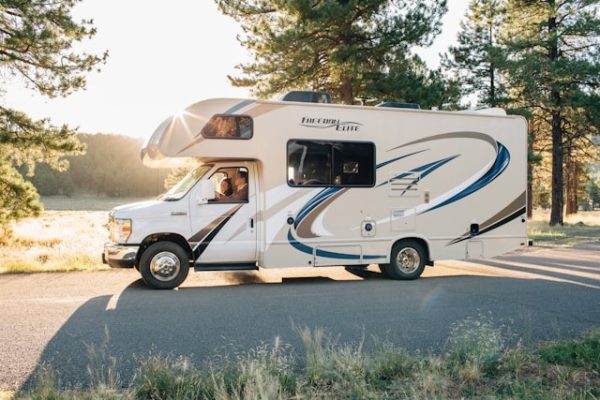The cost of insurance for your RV is affected by several factors, including age. RV insurance providers consider age to be an indicator of how risky you are to insure–that is, how likely you are to file a costly claim.
In general, the younger you are, the more expensive your monthly premiums will likely be. This typically decreases as you age and gain more driving experience.
How Age Affects RV Insurance Rates
Age affects auto insurance rates because it determines a driver’s driving experience and, in relation, their risk level in the eyes of insurance providers. Many RV insurance policies set an age limit to who can drive the vehicle. Typically, this ranges between eighteen and twenty-one years old. How a driver’s age affects RV insurance rates is very similar to how it impacts regular car insurance premiums. Here’s a breakdown of how age defines how much you may pay for your RV insurance policy:
Age Group
Insurance companies generally categorize drivers into age groups:
- Teens or young adults (ages sixteen to twenty-four)
- Experienced drivers (ages twenty-five to thirty-nine)
- Middle-aged drivers (ages forty to sixty-four)
- Senior drivers (ages sixty-five and over)
Teens or young adults pay more for vehicle insurance (up to three times more than older drivers) because they have less experience on the road. This makes them more prone to accidents, so they’re riskier to insure in the eyes of insurance providers.
Experienced drivers and middle-aged drivers often have lower premiums compared to their younger counterparts because they have more driving experience and maturity. Senior drivers, although they have more driving experience, might have higher insurance rates than experienced and middle-aged drivers because, at their age, their driving skills may decrease because they become more physically limited (e.g. worse eyesight, slower motor skills, etc.).
Driving Record and Claims History
Your age is also related to your driving record and claims history, which impacts your RV insurance rates. Young drivers might have clean driving records, but they won’t have enough evidence to prove to insurance providers that they’re responsible on the road.
With experience, one’s driving record can lessen premium costs. Drivers who don’t have any accidents, tickets, or insurance claims on their file may qualify for insurance discounts.
Adversely, drivers who have had RV accidents and have previously filed claims might take more time to qualify for lower insurance premiums.
Age Milestones and Rate Changes
While you may not see your premiums change year-over-year, you’ll likely notice them become higher or lower as you move from one age group to the next.
Teens and young adults pay the highest in vehicle insurance premiums, but once they hit twenty-five, these costs often go down. Experienced and middle-aged drivers often enjoy the least expensive rates, unless they have a bad driving record or have a history of making claims.
Once drivers hit senior age, they’ll likely experience an increase in their RV insurance premiums–but they probably still won’t pay as much as young drivers do.


